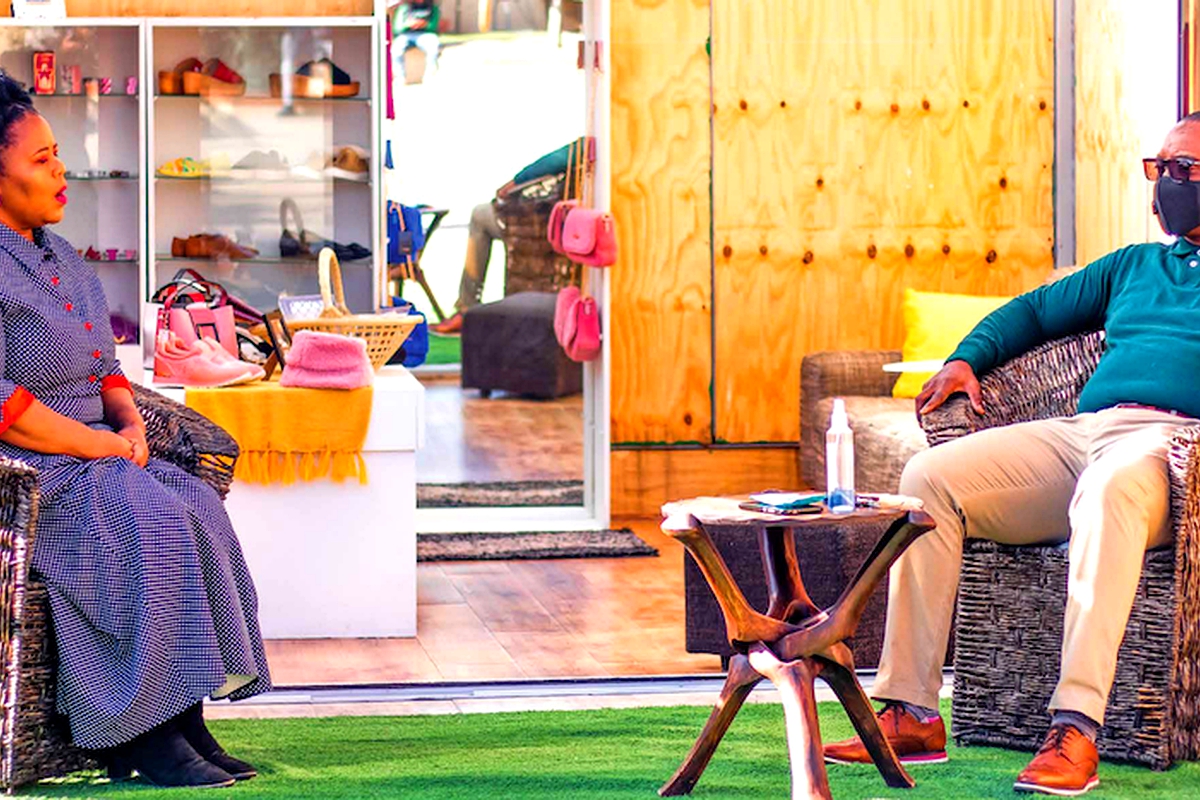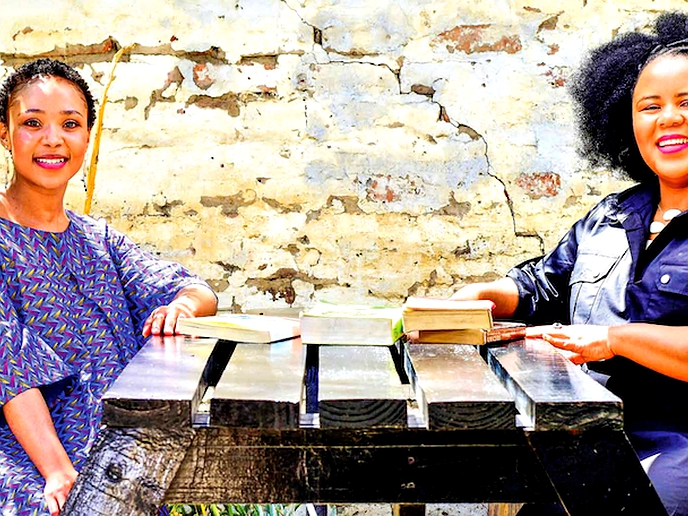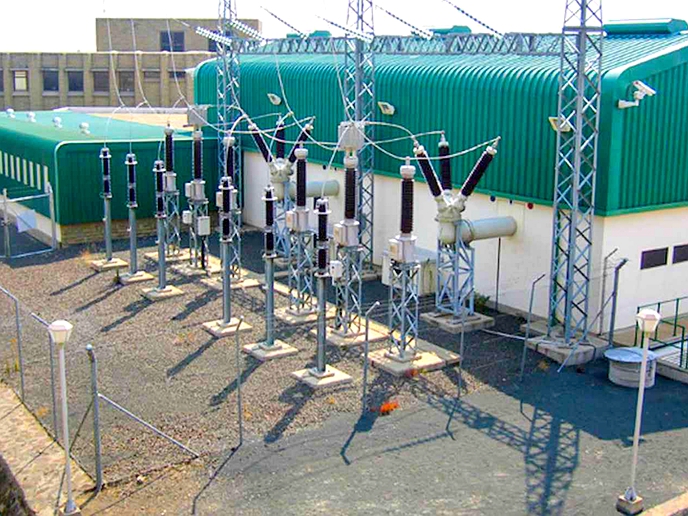Mr Makhakhe Maliehe (MM) is the Managing Director of Liberty Life Lesotho which he has served for the past five years. He has extensive experience in the financial services sector of Lesotho having served companies such as Metropolitan Lesotho as Head of Retail. He holds a Master of Commerce from the University of the Free State and various executive education short courses.
news
Aug. 7, 2020
STAFF REPORTER
5 min read
Thought Leader with Advocate Ndumo (part 2)

The financial services sector and its role in building Lesotho’s economy beyond COVID-19 with Makhakhe Maliehe
In this insightful interview with Advocate Mothepa Nduma (MN), on behalf of Metro, Mr Maliehe discusses issues surrounding the local financial services sector and its role in building the economy beyond the COVID-19 pandemic.
MN: How would you describe the financial services sector of Lesotho, and the role of a company like Liberty, to the ordinary man and woman walking the streets of our country?
MM: The Financial Services Sector in Lesotho is still dominated by the banking sector and specifically commercial ones. The insurance sector is second in size in terms of asset base. My thinking is that both sectors remain strong amidst the threats imposed by the COVID-19 pandemic - that is, they have strong and resilient balance sheets and will be able to meet their obligations to clients and policy holders, respectively.
This is the period when everyone needs insurance because, by its nature, insurance serves the purpose of assisting clients to manage risk and eliminates the discomfort caused by uncertainties such as death, disability, retrenchment, illness and so on. The COVID-19 pandemic has increased the probability of these eventualities happening and this often gravely affects the lifestyles of the surviving members, for example, dependents such as children, relatives, and so on.
A family member who is a bread winner can lose a job, die, or become hospitalised and if such a family does not have contingency plans, such as insurance or adequate savings, to survive beyond the death of the bread winner, hardships begin. Assets such as §houses and vehicles are repossessed by creditors, children have to downgrade from their current schools and many other lifestyle norms and these manifest into different sorts of mental issues: depression, anxiety, anger, and so on.
These maladaptive reactions to the curveballs that life throws at us in these rapidly changing socio-economic environments can be tough on businesses and the broader economic landscape. Insurance companies like Liberty play a very critical role of protecting the wealth and mental wellbeing of Basotho.
We have solutions that provide the right covers to protect people against eventualities such as death, disability, and critical diseases such as cancer. The dependents will not face the financial hardships brought by the nonexistence of insurance cover.
MN: From a regulatory perspective, what are some of the challenges that the sector faces and how do those challenges constrain our economic development as a country? Any other challenges that you would like to highlight and what suite of solutions would you propose?
MM: The challenges that we face as a sector is the low penetration of insurance in Lesotho because of lack of awareness because insurers just sell and do not provide adequate financial education. Basotho’s prevailing perception of insurance is that of funeral products only and their scope of knowledge is also limited to that. Financial Literacy will help individuals to make informed decisions both in everyday life as well as in the long-term.
These are decisions related to retirement planning, family budgets, investments on children’s education, savings, motor and property insurance, life covers, funeral covers, and so on.
Furthermore, not many people have a good appreciation of how the financial system works, for example, financial markets, inflation, investment portfolios, interest rates, derivatives and so on. As a result, many Basotho experience difficulties when they have to make decisions about various products and services offered by financial institutions.
One of the biggest constraints to our economic development as a country is that, because of the low levels of financial literacy, people are not saving adequately for their retirement and also not protecting their wealth through appropriate life and health covers.
They then strain the already overwrought government coffers because they remain dependent on the state even at retirement or for healthcare if they do not have their own medical aid. Financial Literacy is not only an individual problem but a national issue and should be adopted by members of society without any socio-economic preferences or gender exclusions or biases.
We should all dialogue productively about the economic solutions that are relevant for Basotho and to ease the burden on our Treasury as the different societal stakeholders. Society should therefore trust its financial institutions to guide it on improving its literacy and when making choices of products or solutions. Companies like Liberty can help individuals navigate through the complex maze of financial services and language.
Enjoy our daily newsletter from today
Access exclusive newsletters, along with previews of new media releases.
MN: Lesotho is typically described as “an enclave economy”, does this mean that the growth of our financial services sector, and the economy at large, is necessarily limited by this enclave status? Is there a ceiling to what we can achieve as a country?
MM: The characteristics of an enclave economy or political model is that natural resources are leased out to foreign companies and the Government or country gets royalties, for example, from mining companies, and the latter is expected to invest in public infrastructure such as roads, hospitals, and schools.
The investors on the other hand, are expected to bear the risk of no returns if things do not work out; and one would guess that this is the thinking behind the 70:30 split in the ownership of the mines in Lesotho.
The companies also invest in corporate social initiatives as a way of buying the social credibility needed to operate in specific communities. This model has never worked for us because there is no transparency and lack of accountability around these transactions.
It only fuels inequality and allows politically connected individuals or families to benefit. We really need to push hard to de-enclave our economy. What we need are partnerships that ensure that our resources create sustainable jobs, a growing economy, and a more tangible contribution to infrastructure development.
The truth is we need outside capital, but we need to set our own content in terms of how these partnerships are structured. Again, this calls for productive national dialogues around these issues so that we can build and consolidate a common vision.
As a sector, we are ready to contribute thought leadership on some of these issues to create a winning environment for both Basotho and foreign capital. It can be done if the right measures and mindsets are in place.
MN: What message would you like to share with Basotho during this unprecedented, VUCA scenario wrought by COVID-19?
MM: My message around COVID-19 is simple, this is the new normal. We should stop looking back and wishing that we could go back to how things were, because this is not going to happen.
We must adapt and be creative and also invest in infrastructure or equipment that will allow us to operate more effectively virtually; and this is not only limited to the work environment, but also schooling, shopping, and social interaction. Anyone or any country that fails to do this will be left behind.
Basotho should work together, exchange productive ideas and possible solutions to some of the most pressing problems around how to adapt to this new normal through different platforms. We are equal to the task!
Tailored for you





